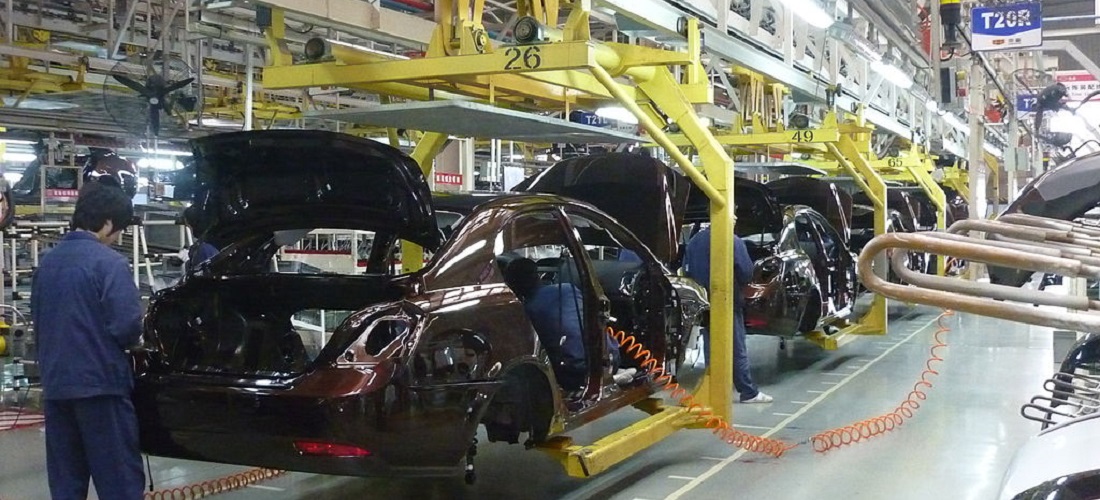
Political understandings of the Brazil-Paraguay Automotive Agreement are finalized
Dec, 09, 2019 Posted by Sylvia SchandertWeek 201950
This past Friday (12/06), the Minister of Economy of Brazil, Paulo Guedes, and the Minister of Industry and Commerce of Paraguay, Liz Cramer, signed political understandings that will allow the negotiations of the Brazil-Paraguay Automotive Agreement.
Among the main lines that should be included in the future bilateral Automotive Agreement, it was established that Brazil and Paraguay will mutually, as a general rule, grant immediate free trade for automotive products. A schedule of gradual and increasing write-off from Paraguay to Brazil will be made for some exceptions that will reach free trade by 2023.
As a general rule of origin for vehicles, it was defined that the Regional Content Index (ICR) to be met by both parties will be 50%. As a way of promoting the development and commercialization of vehicles with alternative engines, the commitment provides for preferential access conditions, with 100% preference margin for 10,000 annual units, provided that they comply with a minimum ICR of 35% for Brazil, and from 30% to 35% over the next five years for Paraguay. In addition, a gradual quota has been established that will reach 3,000 annual vehicle units in 3 years, provided that they comply with an ICR of 35% at the end of the period.
In the case of Paraguayan auto parts produced under the maquila regime, it was agreed that they will enjoy free access to the Brazilian market for the next five years, provided that they comply with the agreement’s rules of origin, with a minimum ICR of 50% on the formula value, where applicable. Different access conditions were also defined for Brazilian and Paraguayan auto parts with reduced ICR for a period of five years.
Paraguay has made the commitment to exempt automotive products originating in Brazil from the collection of consular fees, which will start on the eighth year after the agreement is entered into force – a topic which is of great importance to the Brazilian productive sector.
With regard to the tariffs charged by the parties on the importation of automotive products from third party trading partners, it was established that each party will continue to apply its current national tariffs until the implementation of the Common External Tariff within MERCOSUR for industry products.
With regard to the importation of used vehicles, Paraguay will revise its national policy of importing such products in accordance with what may be agreed under the MERCOSUR automotive regime, also taking into account environmental standards of public health and safety.
Finally, it was agreed that the delegations of both countries should meet as soon as possible to conclude the negotiations and sign the bilateral Automotive Agreement.
Importance of Bilateral Automotive Agreement
Paraguay is currently the only MERCOSUR country with which Brazil does not have a bilateral automotive agreement. When this is concluded, it will provide greater predictability for bilateral investments and greater legal certainty for bilateral trade, given that, because the automotive sector is not incorporated into the MERCOSUR general regime, automotive trade between Brazil and Paraguay is lacking, especially in terms of a legal framework.
Historically, trade in automotive products between Brazil and Paraguay is low: in 2018, the trade flow totaled US$763m, which corresponded to 1.7% of Brazil’s global automotive trade (US$44.7bn). In the last decade, however, bilateral trade in the sector’s products has grown considerably, mainly due to Brazilian imports of auto parts. In 2018, bilateral trade registered exports of US$540m and imports of US$223m, which resulted in a US$317m surplus for Brazil.
Source: Ministério da Economia
-
Shipping
Feb, 24, 2021
0
Log-In acquires new container vessel
-
Shipping
Oct, 15, 2020
0
CMA CGM & MSC now integrated with TradeLens platform
-
Fish
Dec, 23, 2022
0
Uruguay’s seafood exports increase
-
Meat
Sep, 11, 2023
0
Monthly average of pork exports from Brazil atop 100K tonnes for first time


